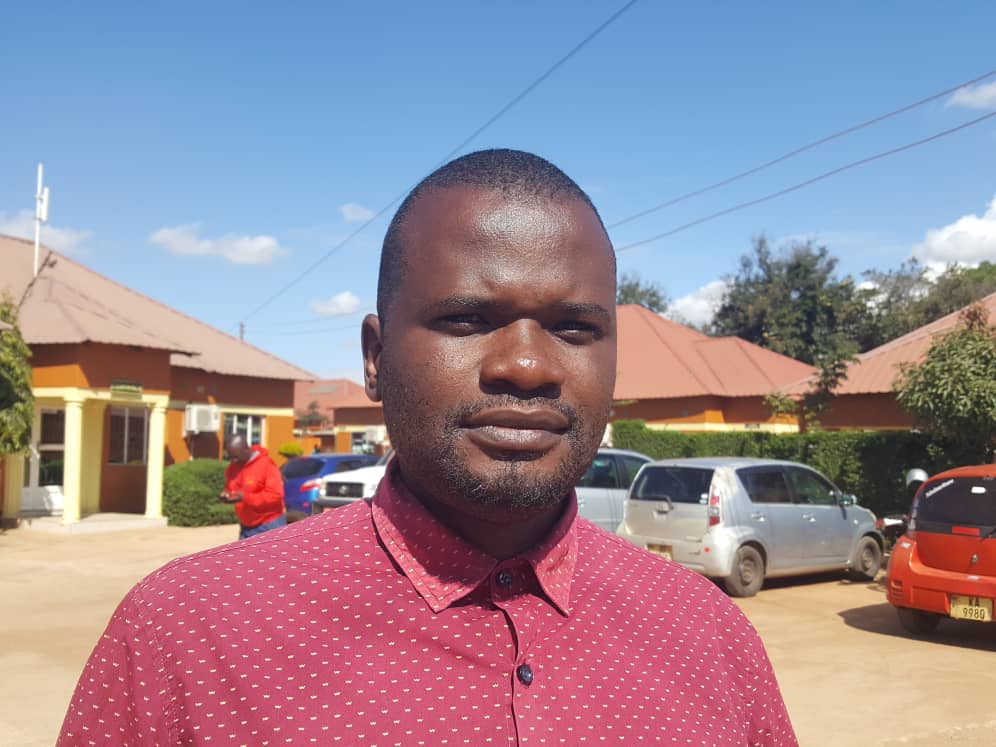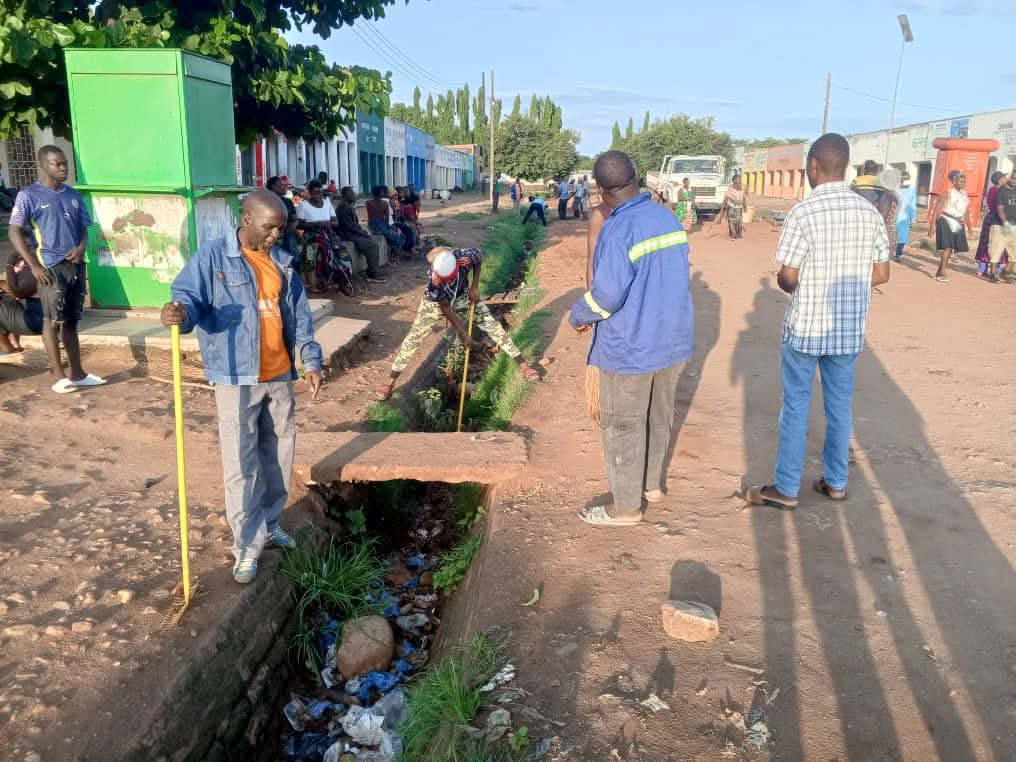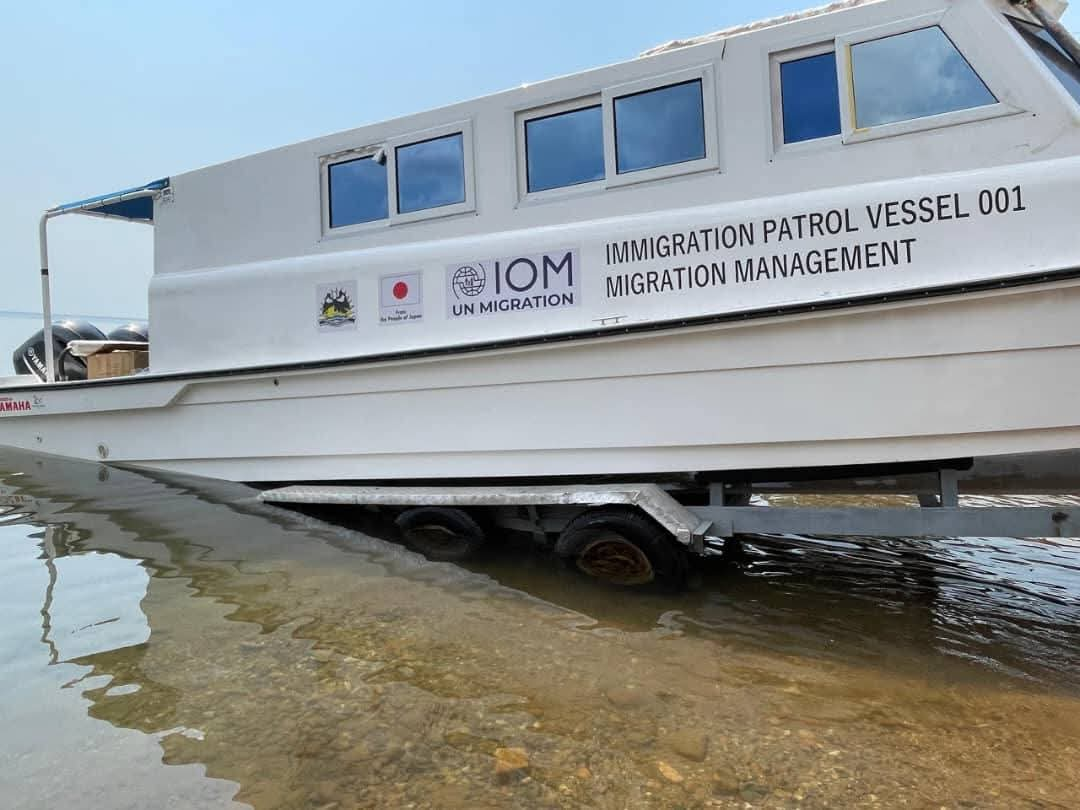By Brighton Tchongwe
Malawi Human Rights Resource Centre (MHRRC) says citizen empowerment is key to active participation in local governance and development processes.
This has been said during a comprehensive training program for District and Community Social Accountability Committees, which MHRRC conducted at Rams Lodge in Dowa District.
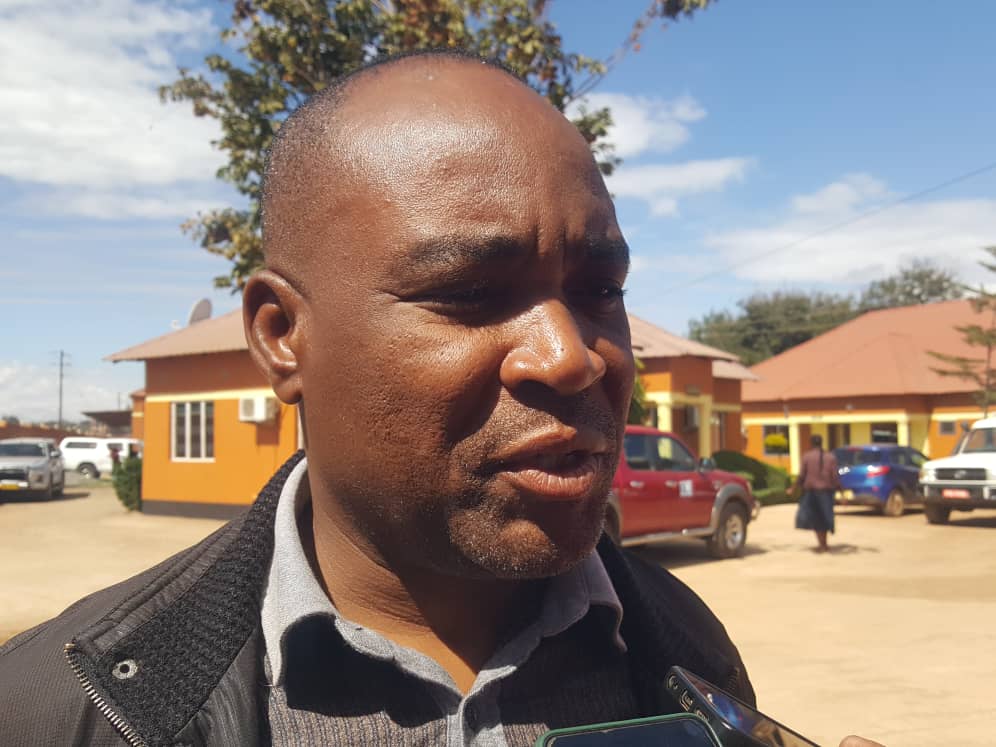
According to the organisation the program aims to create vital civic space for marginalized communities across the country.
Speaking at a two-day “training of trainers” MHRRC Capacity Development Associate Noel Msiska said that the program is designed to equip committees with the necessary knowledge and skills to build community capacity, spearhead advocacy efforts, and engage effectively with duty bearers.
This, he noted, will hugely improve citizen welfare and promote a more active society.
Msiska stressed that it is important to train representatives from District Social Accountability Committees (DSAC), Community Social Accountability Committees (CSAC), Civil Society Organizations (CSOs), and Council Members.
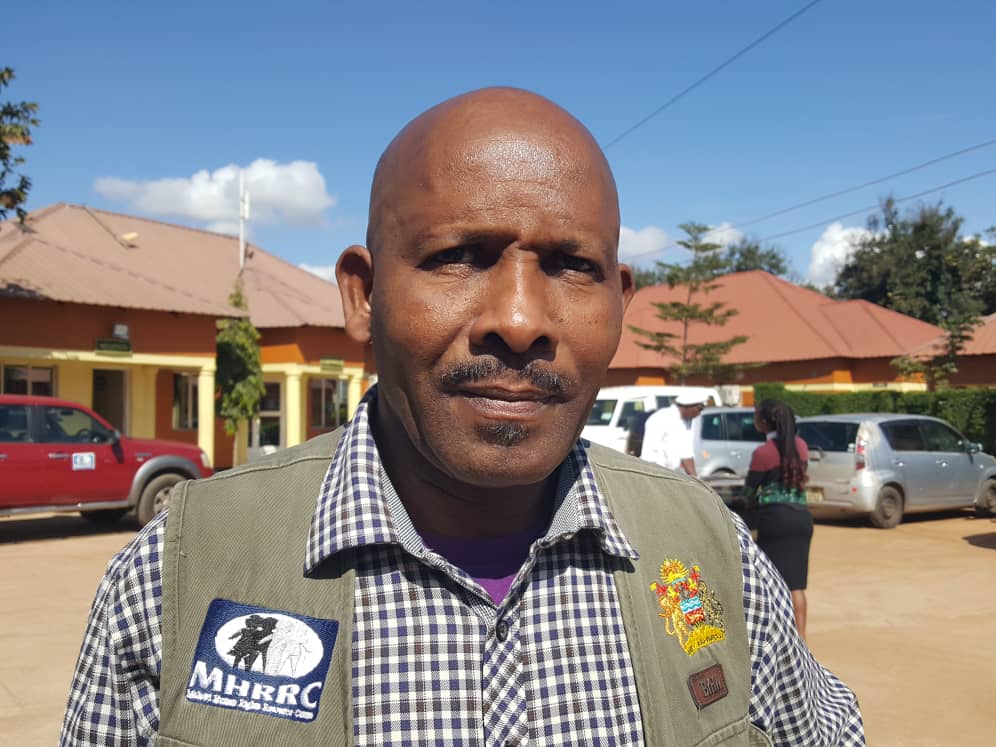
The training focused on crucial aspects of social accountability, good governance, and gender inclusiveness, enabling participants to translate policies into tangible benefits for the communities they serve in Dowa and Ntchisi Districts.
“MHRRC is committed to generating demand from the majority,” Msiska explained. “By building the capacity of community leaders and structural governance committees, we empower them to demand accountability from service providers. This requires a clear understanding of relevant legal frameworks and policies.”
He further elaborated that the project aims for long-term change, enabling communities to articulate their needs, understand their rights, and actively demand services.
A key focus is also promoting the participation of marginalized communities in decision-making positions, ensuring that development benefits are distributed fairly and reflect the needs of the people.
Benjamin Moyo, Monitoring and Evaluation Officer for Dowa District Council, lauded the training as an “eye-opener” for both council and community leaders.
He said that the workshop empowers community leaders to demand services from the council, increasing good governance, social accountability, and gender inclusiveness at the local level.
Moyo assured of Dowa District Council’s commitment to engaging with various stakeholders, including CSOs, community leaders, and district social accountability committees.
Similarly, Elarton Thawani, Chairperson of Civil Society Organizations for Ntchisi District, noted that the training has significantly helped community leaders and CSOs hold duty bearers and service providers accountable.
The MHRRC project, supported by Norwegian Church Aid (NCA) and Danish Church Aid (DCA), is part of the “Enhancing Citizens Voice and Action in Local Governance and Development Process III” Joint Country Programme (JCP). Its overarching goal is to combat inequality by promoting enhanced pro-poor budgeting allocations and expenditures in the health, education, and social protection sectors.
The project is currently being implemented in all Traditional Authorities across Ntchisi, Dowa, and Nsanje Districts.

